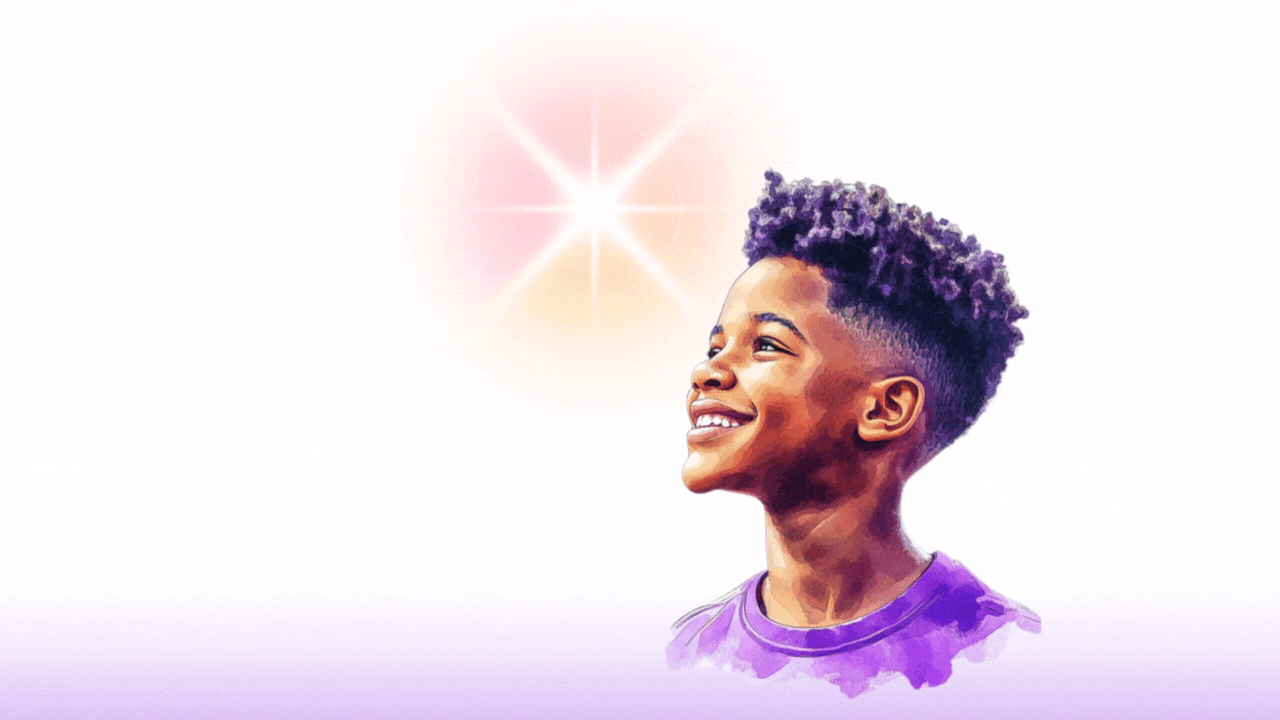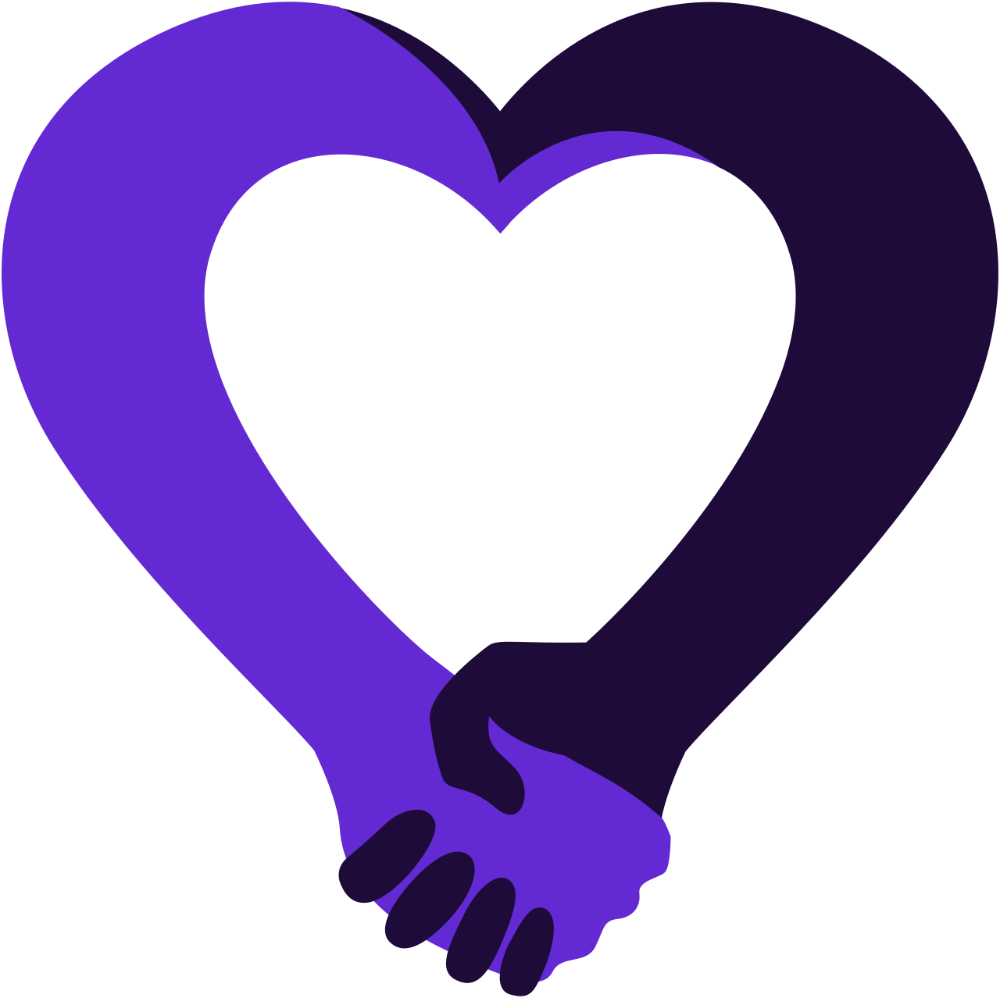Why We Don't Judge Other People's Bodies
Jun 02, 2025
This one’s personal for so many of us.
Whether it was on the playground, in the locker room, or even around the dinner table, many of us remember the first time our bodies were judged. And we carry those comments with us.
That’s why today’s conversation in the Say This / Not That series is so important.
Day 3 is about the word “fat," and why judging someone’s body isn’t okay.
Kids don’t always realize the power of their words. But when they use “fat” to insult or label, they’re learning to see people through a lens of shame, not love.
The thing about the word "fat" though is that we want to be careful. We don't want children to attach negativity to the word and feel that being larger is a bad thing to be. It is not.
With this in mind, it's important to gauge how developed your child's vocabulary is.
How to Approach It by Age:
👶🏽 Ages 3–5:
Focus on this simple truth: We don’t comment on other people’s bodies. Everyone is special.
👧🏽 Ages 6–7:
Reinforce: Every size is beautiful. We treat people with respect no matter what they look like.
🧠 Ages 8+:
Begin to introduce the concept of fatphobia, how some people are treated unfairly based on size, and why that’s harmful and unkind.
Language develops, which is why we start early. Each new conversation becomes a building block for deeper understanding, compassion, and love.
Let’s help shift the lens, away from shame, and toward respect and inclusion.

Judging someone’s body teaches children that appearance matters more than kindness.
It can also reinforce that looking one way is better than another. It is not. Every size is beautiful.
It's also really important to acknowledge that with so much focus on influencers and tablets, even at a young age, children are learning to judge themselves and others constantly.
When we shift focus from how someone looks to who they are, we raise more compassionate, confident kids.

“Because that word can hurt feelings. Everyone’s body is different, and no one should be made to feel bad about how they look. We care more about who people are inside.”
"Actually, this is a great time to talk about that. This is the type of person I try to be _____ and I don't always get it right. __________ What type of person do you want to be?"
Script to start the conversation with your child:
“I know you may have heard people use that word, maybe even joking, but calling someone ‘fat’ isn’t kind. Instead of talking about how someone looks, let’s talk about what makes them awesome, or simply say nothing at all."
Is your child making comments about other people’s weight or size?
Are they repeating things they hear from adults, media, or other kids? Are they mimicking a point of view from someone they follow online?
Do they ever feel self-conscious about their own body?

Ways to check in:
Ask:
“Has anyone ever made you feel uncomfortable about your body?”
“What do you like most about yourself that’s not about how you look?”
Affirmations & Activity:
Say these together:
-
“Every body is a good body.”
-
“I’m kind to myself and others.”
-
“I love people for who they are, not how they look.”
Try this:
Have your child draw or describe what makes someone a good friend. Notice how often appearance doesn’t come up.
If this experience triggers YOU:
Whew, this one might bring things up.
If your body has ever been judged, shamed, or compared, you’re not alone.
Share that with your child:
“When I was younger, people made comments about my body and it made me feel small. I don’t want you, or anyone, to feel that way. That’s why I speak differently now.”
There is healing in telling the truth.
And power in creating a better world for the next generation.
Let’s raise kids who love people for who they are, period.
With so much heart,
Gahmya
Evolved Kid | Big hearts. Big thoughts. Bright futures.


